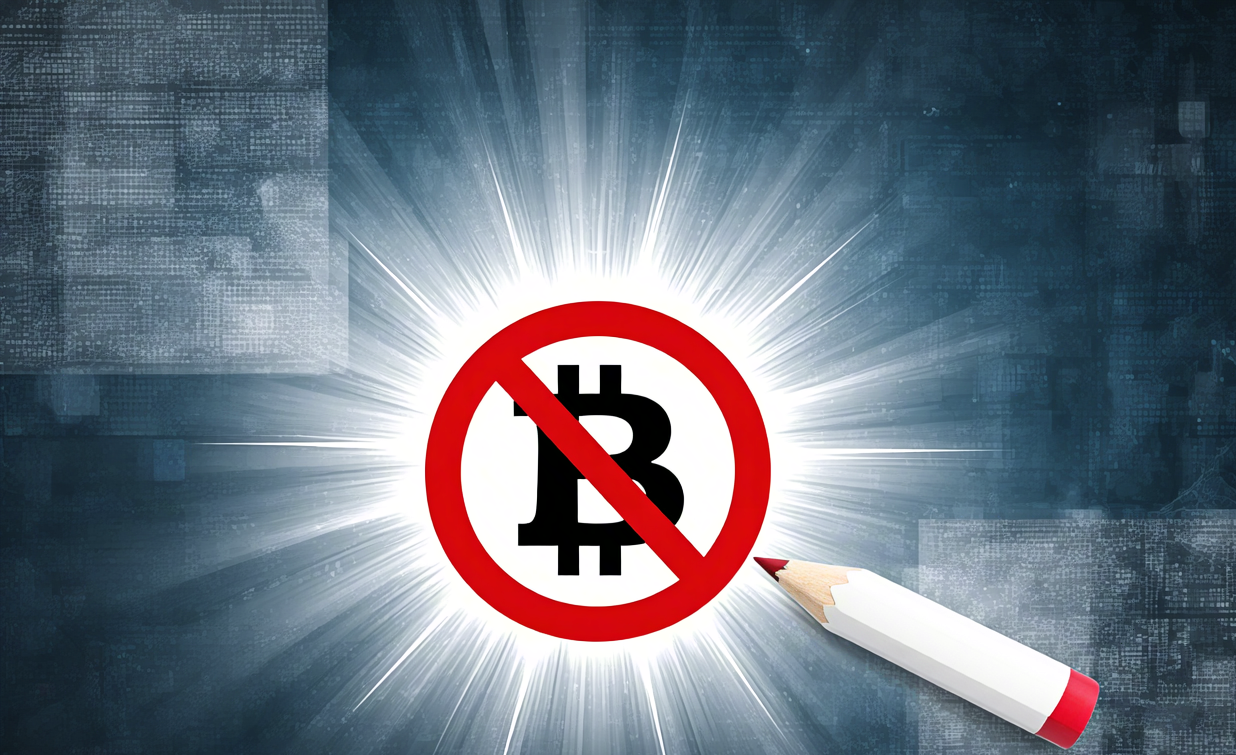The debate over cryptocurrency regulation in Russia has reached new heights as Russian Central Bank Governor Elvira Nabiullina continues to advocate for a nationwide ban on cryptocurrency transactions, but her stance is facing increasing opposition from industry leaders.
Central Bank’s Push for Strict Crypto Restrictions
In a recent press conference, Nabiullina emphasized her intention to prohibit cryptocurrency transactions between residents, except for those operating within the Central Bank’s experimental legal framework, known as the Experimental Legal Regime (ELR). This controlled regulatory sandbox permits select Russian firms to use cryptocurrency for payments, with miners also allowed to sell their holdings to international buyers.
While Nabiullina has suggested that “qualified investors” may be permitted to engage in crypto trading within this controlled environment, her position remains one of skepticism toward broader cryptocurrency usage in Russia. The Governor has long been a strong advocate for stringent regulation and previously proposed a blanket ban on cryptocurrency exchanges, trading, and mining.
The shift toward crypto adoption by Russian businesses due to international sanctions has not swayed her stance. As businesses increasingly rely on digital assets like Bitcoin (BTC) and Ethereum (ETH) for cross-border transactions, Nabiullina remains committed to restricting public access to cryptocurrencies, viewing private digital assets as incompatible with the Russian economy.
Calls for Criminal Liability for Crypto Violations
Nabiullina’s recent statements underscore the desire for tougher enforcement mechanisms to back her proposed ban. She called for criminal liability for individuals who violate the crypto ban, adding:
“We maintain our position that cryptocurrencies should not be used as a means of payment. We propose a ban on settlements in cryptocurrencies between residents outside of the ELR, and we also advocate for criminal responsibility for those who break the law.”
Despite her firm anti-crypto stance, Nabiullina acknowledged that a clear and structured framework should be developed to enable the participation of “particularly qualified” investors in Russia’s crypto market. This could involve collaboration with the Moscow Exchange to introduce crypto trading products tailored for these select investors.
Super-Qualified Investors: A Potential Middle Ground?
In early March, Russia’s Ministry of Finance proposed a new category of “super-qualified” investors who would be allowed to trade cryptocurrencies. This idea marks a potential compromise between Russia’s crypto enthusiasts and regulators, though it is clear that the Central Bank remains focused on limiting retail investor access to the market.
Vladimir Chistyukhin, First Deputy Chairman of the Central Bank, has reinforced this position, warning against the “extreme risks” associated with crypto transactions. The Central Bank continues to advocate for robust protections to shield ordinary citizens from the financial hazards posed by the volatile crypto market.
Industry Leaders Push Back on Crypto Ban
Meanwhile, opposition to the Central Bank’s hardline stance is gaining momentum. Alexander Shokhin, head of the Russian Union of Industrialists and Entrepreneurs, has urged the Russian government to reconsider the potential benefits of cryptocurrency adoption, especially in the context of international developments.
Shokhin’s call follows remarks from U.S. President Donald Trump, who recently announced plans to establish a strategic Bitcoin reserve, aiming to position the U.S. as a leader in the global crypto market. Shokhin believes that Russia needs to consider a more flexible approach to cryptocurrency, especially as global financial dynamics shift in favor of crypto assets.
“It seems that Moscow has agreed that crypto can be used for cross-border settlements,” Shokhin commented. “After Trump’s announcement that the U.S. will become the crypto capital of the world, accumulating reserves in Bitcoin and Ethereum, we need to start looking at this more seriously.”
A Divided Debate
As the crypto debate intensifies, it’s clear that Russia is at a crossroads. While the Central Bank continues to push for a strict ban and tighter control over crypto markets, industry leaders are advocating for a more open and adaptive regulatory framework that could allow Russia to capitalize on the growing global interest in digital assets.
The next steps will be crucial in determining how Russia balances the need for regulation with the potential economic benefits of embracing cryptocurrencies.
